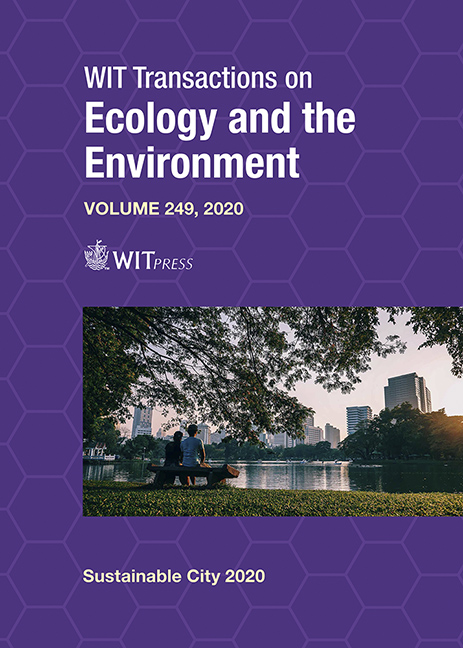TEMPORARY TRANSFORMATIONS TO ACCESS AND EXPERIENCE SUSTAINABLE CITY PUBLIC SPACES
Price
Free (open access)
Transaction
Volume
249
Pages
13
Page Range
43 - 55
Published
2020
Paper DOI
10.2495/SC200051
Copyright
WIT Press
Author(s)
ANDREA BOERI, DANILA LONGO, SERENA ORLANDI, ROSSELLA ROVERSI, GIULIA TURCI
Abstract
The challenges of contemporary urban regeneration processes call for innovative and sustainable operating models and strategies. Cultural Heritage acknowledgement and valorisation, combined with participatory and engagement practices, can trigger reactivation and re-appropriation of underused urban spaces. Co-design, self-construction and participatory paths, through demonstrative and temporary actions, can generate new dynamics in the public space use, provide effective solutions to tackle climate change, improve outdoor microclimatic comfort conditions, and enhance Cultural Heritage accessibility and knowledge, fostering responsibility for the common good. The implementation of demonstrative interventions, co-created with local administrations, stakeholders and citizens, represents a viable and effective tool to test temporary experimental transformations and to monitor and evaluate their impacts, recalibrating the proposed strategies on a case-by-case basis. This integrated and innovative approach was experimented in the Bologna University area by the EU Horizon 2020 project ROCK – Regeneration and Optimisation of Cultural Heritage in creative and Knowledge cities (GA 730280) – through a series of pilot actions. ROCK experimentations are implemented in the historical city centres, enhancing public open space fruition and performative potentials, to generate new resilient processes in terms of environmental sustainability and social inclusion. The co-design and self-construction interventions on Piazza Rossini (focused on in this paper) represent short-term and reversible transformations with a long-term impressive and beyond expectations results.
Keywords
co-design, Cultural Heritage, temporary transformations, environmental sustainability, urban regeneration, integrated approach, unconventional uses, co-creation, conservation, ROCK project





